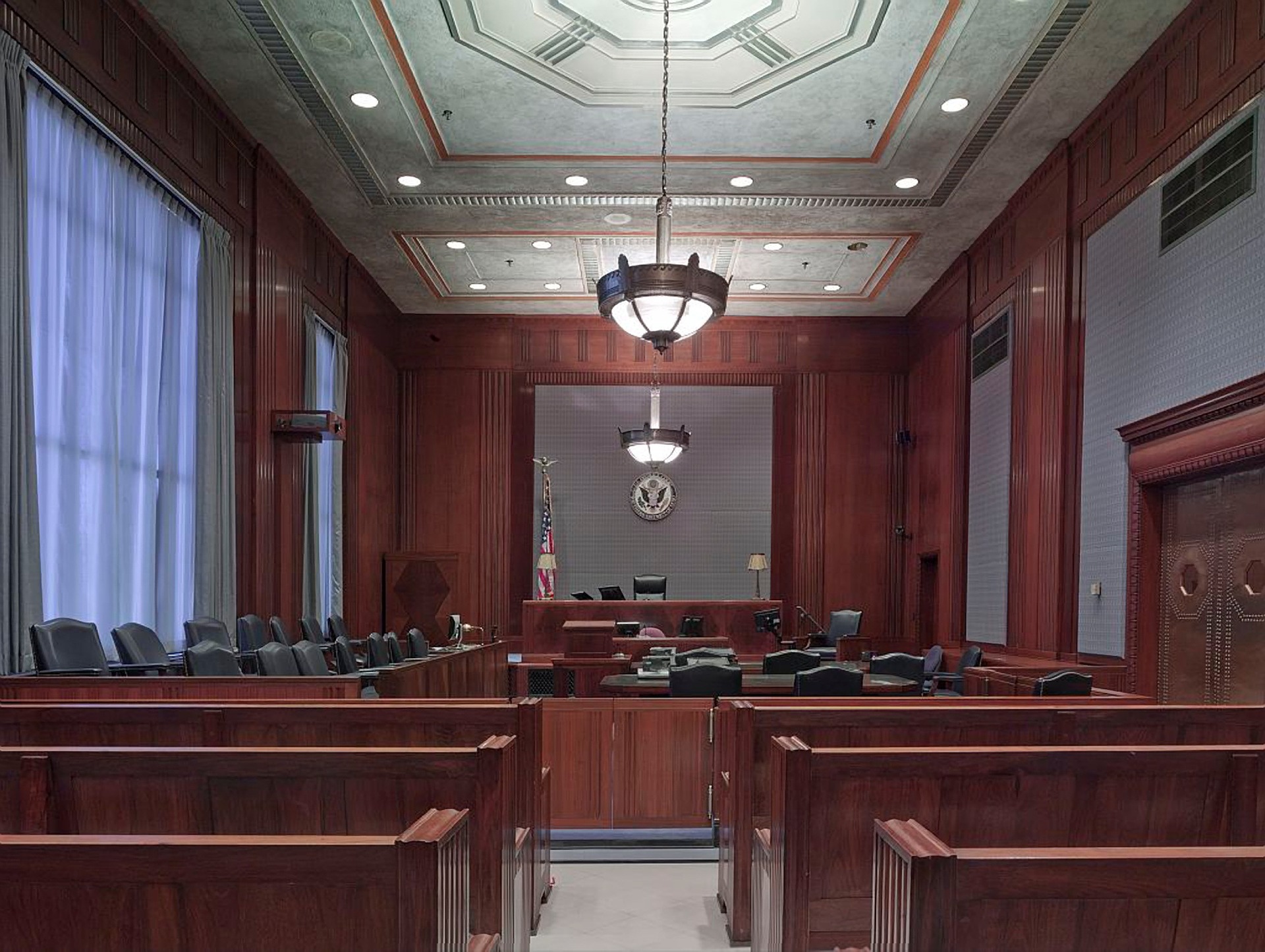© 2024 Law Office of Sarina Gianna, LLC.
All rights reserved. Attorney advertising.

Will I Lose My House If I Get Divorced?
Divorce is scary for many individuals. It is a period in life where a lot can seem up in the air. While emotionally, you may have a lot to deal with, it is the unfortunate reality that if you do not buckle down and get ready to take care of business, you may lose out financially as well. If you and your spouse cannot agree on various terms of your divorce, such as who gets the house, you are in a contested divorce. These divorces usually go into litigation, where your assets are subjected to the equitable distribution process. If you find yourself in this situation, please read on to learn about how you can help yourself:
What does equitable distribution mean?
Equitable distribution is the process through which your assets shall be divided. Equitable rarely means equal, however, so you most likely will not see an even 50/50 split. Instead, courts distribute assets based on several different factors is important you hire an attorney who knows how to present a convincing case.
Is my house considered marital property?
Marital property is defined as the assets you or your spouse acquired during your marriage. On the other hand, separate property includes the assets you or your spouse accumulated before or outside of your marriage, like inheritances and gifts. Generally, only marital property is subject to equitable distribution, and since houses are usually considered marital property, you are at risk of losing your house in a divorce. Thankfully, our experienced and compassionate firm will do everything in our power to ensure that does not happen.
How does a court decide who will keep the house?
Courts consider several different variables when it comes to keeping a home. For example, they may consider you and your spouse’s age and health. They will also analyze your child custody, child support, and spousal support agreements. If your child is scheduled to be with you most of the time and he or she grew up in the house in question, the courts will most likely prefer to keep the child in a familiar, stable environment. Courts may also consider the value of your property, any debts and liabilities you and your spouse may have, your yearly incomes, your marital standard of living, and more.
Contact our experienced New Jersey firm
Matters of divorce and family law require the attention and skill of an experienced attorney who will fight for your future. Not only is your financial well-being at stake, but in a divorce, both you and your children’s emotional well-being are at risk as well. If you need a divorce and family law attorney in Ocean County, New Jersey, please do not hesitate to contact the Law Office of Sarina Gianna, LLC today to schedule a consultation.
